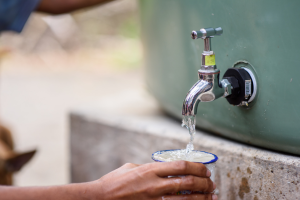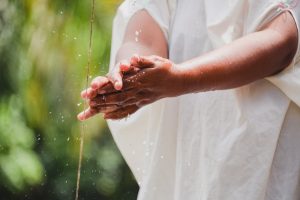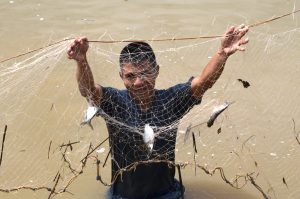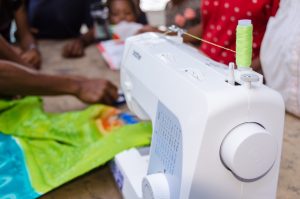What is a basic necessity?
In the rainforest, basic necessities can often differ from what we traditionally see as essential in our daily lives.


Items like a wooden canoe to transport children to school is a far cry from the vehicles we often rely on for the daily school run but are deemed essential for Cool Earth’s rainforest partners in Papua New Guinea. Understanding what is a basic necessity within Cool Earth’s partnerships can only be truly defined by those who live in the rainforest.
“If poverty can be defined broadly as ‘the lack of basic necessities,’ one approach to poverty assessment would be to poll people on whether or not they possessed this set of basic needs.” – Rick Davies, BNS
Cool Earth’s rainforest partners from Peru to Papua New Guinea, have consistently shown that families who live in the forest know it best. Yet, despite their fluency in the language of the forest, the voices within indigenous communities are rarely heard. That’s why Cool Earth’s simple and lightweight approach uses the Basic Necessities Survey (BNS) as a poverty rank to measure change in our partnerships. Everything is from the perspective of the community.
The BNS method relies on local communities deciding a list of assets and services considered to be “basic necessities”. In the initial stages, Cool Earth’s program team use workshops to establish a list of items and services – so we don’t dictate what we think they will need. It’s always the community’s choice, they can decide how and what will improve their lives.
Using this locally determined measure of poverty shows that any family failing to own or hold all items within this basket of basic necessities is considered, from a local perspective, to be below the poverty line.


Items everyone thinks are important and everyone has (or has access to)

Access to healthcare, large family sized cooking pot and a bush knife.
Items everyone thinks are important and only some people have (or have access to)


Clothing, torch, fishing net and a 20 litre water container
Items some people thought are important and only some people have (or have access to)

Sewing machine, mattress, chair and a pit toilet
Food, income, fuel wood and shelter are just a few of the reasons why indigenous communities need their rainforest healthy to ensure their survival. If deemed a basic necessity, Cool Earth’s partners are the most motivated stewards for protecting the rainforests and its natural resources.
Help our partnerships access basic necessities today here.
